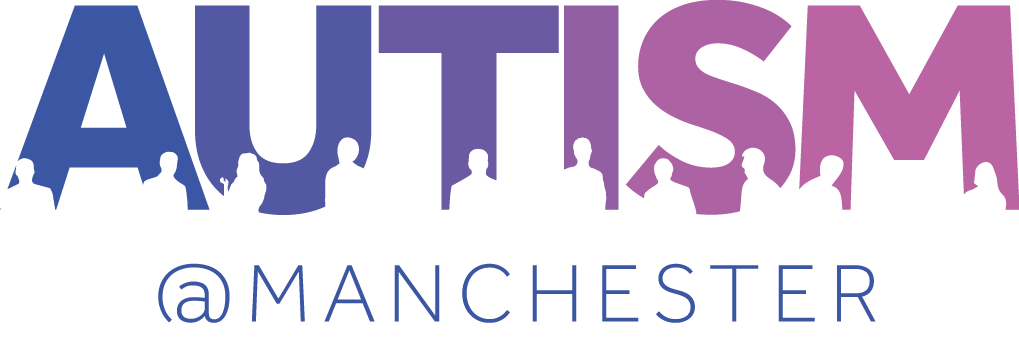For this years Autism@Manchester Internship, we were very pleased to host Liam Hadfield, a 2nd year maths student. The internship is jointly organised by the University of Manchester Careers Service and Autism@Manchester and enables autistic students to gain 6 weeks experience working in autism research labs. Liam did a fantastic job working with Drs Emma Gowen and Kathy Leadbitter in the BEAM and Sensory Development Research Group respectively. You can find out more about Liam’s experience in his blog post below.
 Hello, I am Liam. I am an autistic Mathematics undergraduate student who was diagnosed at three years old. I was interested in and applied for the internship role at the Body, Eyes and Movement (BEAM) Lab because I thought it was something I could do, based on the description of the responsibilities of the role and the required skills. Admittedly, I was looking forward to this internship because it would be my first experience of full-time employment. Suffice to say, this experience has been great!
Hello, I am Liam. I am an autistic Mathematics undergraduate student who was diagnosed at three years old. I was interested in and applied for the internship role at the Body, Eyes and Movement (BEAM) Lab because I thought it was something I could do, based on the description of the responsibilities of the role and the required skills. Admittedly, I was looking forward to this internship because it would be my first experience of full-time employment. Suffice to say, this experience has been great!
During the internship, I have been doing various tasks, such as suggesting modifications to be made to the Autism@Manchester website, performing literature searches using studies found on PubMed and Web of Science and editing videos for use as stimuli in research. In the third week of my internship, I helped out in the Sensory Development Research Group, with my tasks including sitting in on a Zoom meeting discussing a thematic analysis being completed by a PhD student, observing a baseline assessment that is being used as part of a longitudinal study and collating feedback data by producing tables and graphs. Other work I have done includes helping to moderate the chat during the time and autism webinar on 23rd July, transcribing interviews and piloting two experiments to provide feedback to the researchers.
Throughout my time working in the BEAM Lab, I have had Zoom meetings on Monday mornings with my supervisor Emma to discuss how the prior week has been and what tasks I can be working on until Friday afternoon. Emma has provided me feedback in these meetings and over email whenever necessary, allowing me to become a more effective worker. Of course, the feedback I have received from my other colleagues has been useful as well in motivating me to work hard.
Doing these aforementioned tasks has been informative, because I have learned more about the life experiences of autistic adults, including autistic women, enabling me to gain a deeper understanding of the lives of people on the autism spectrum. In addition, I have learned how to use video editing software such as Corel Video Studio and use Boolean operators such as ‘AND’ to find studies to be considered in my literature searches. Furthermore, I have been able to practice communicating professionally via email and Zoom during my shifts, which will be invaluable for my future career, whatever it turns out to be. Finally, I have had to improve my organisation skills during my internship since I have needed to remember to attend meetings, set and meet deadlines for finishing tasks and submit my completed timesheets each week before Friday noon.
Personally, I have enjoyed being able to do tasks relating to various aspects of research, such as data analysis, presentation of findings and preparation of research stimuli, since this has made work interesting for me. Each week of my internship has been distinct in terms of what I have been doing, which I appreciate. Granted, there have occasionally been some stressful moments, but that is only a small detail because I have otherwise enjoyed my internship.
In terms of what I will be mentioning about this internship on my CV, I will definitely be including details of the tasks I have successfully completed during my internship and how these tasks have boosted my skills, because I am proud of these achievements.
I would like to thank the BEAM Lab for providing me this opportunity; I am grateful for being given the chance to expand my knowledge of autism and gain an insight into what full-time employment is like.

